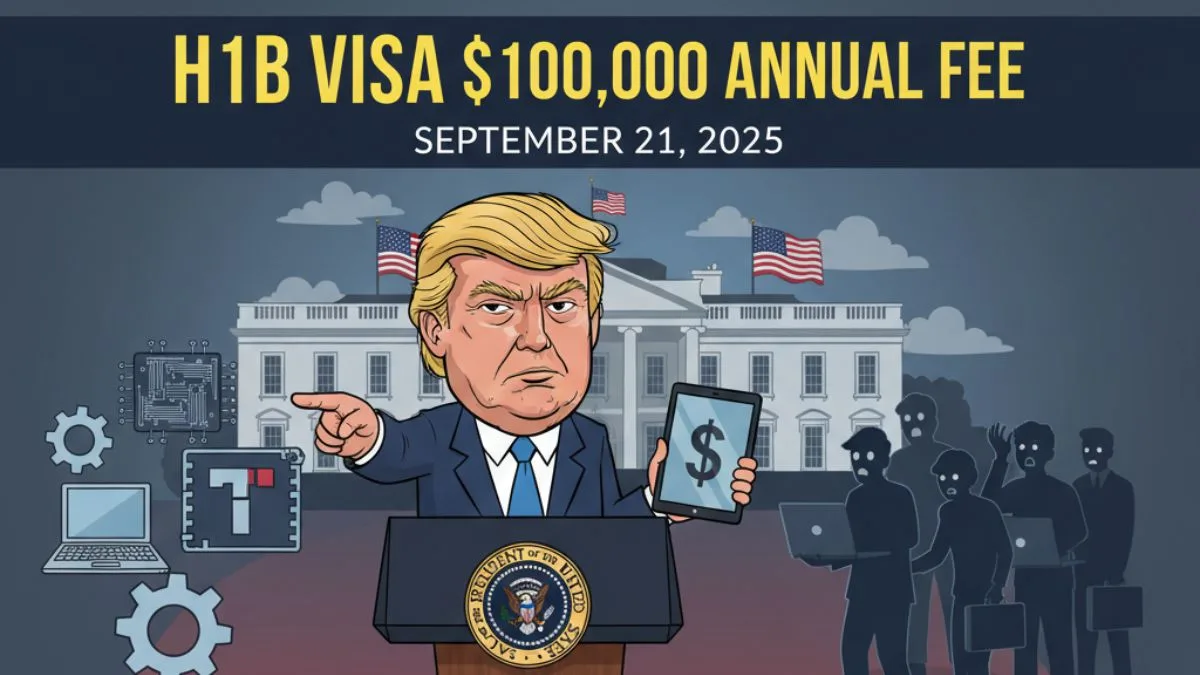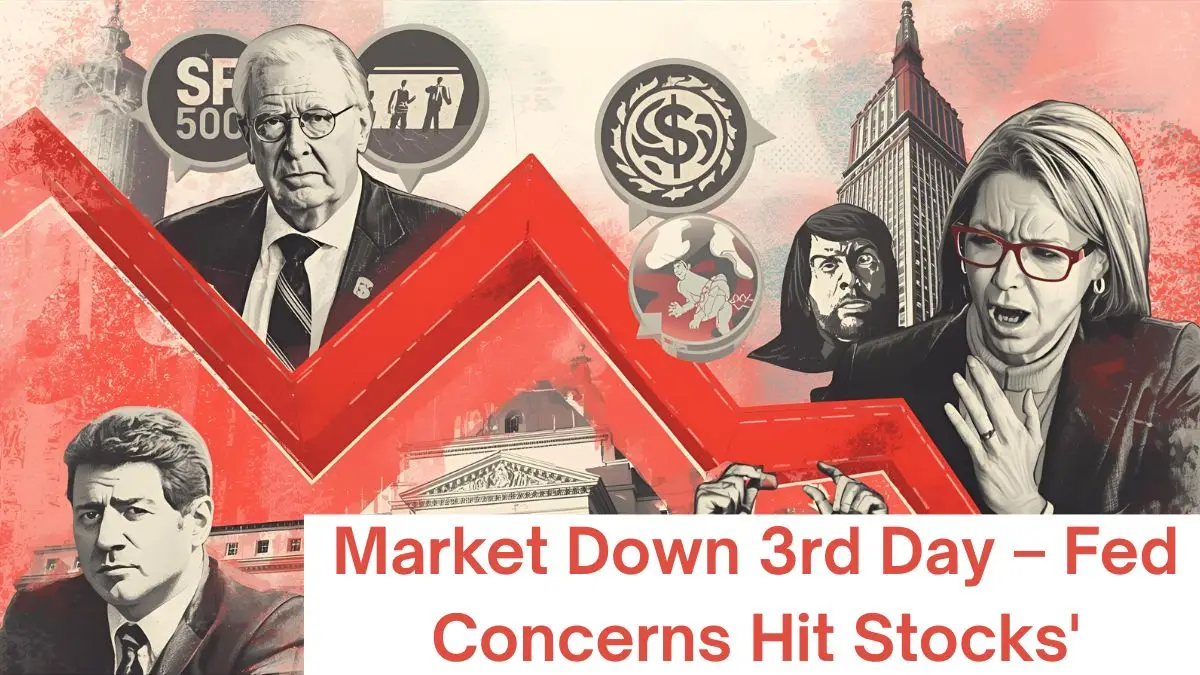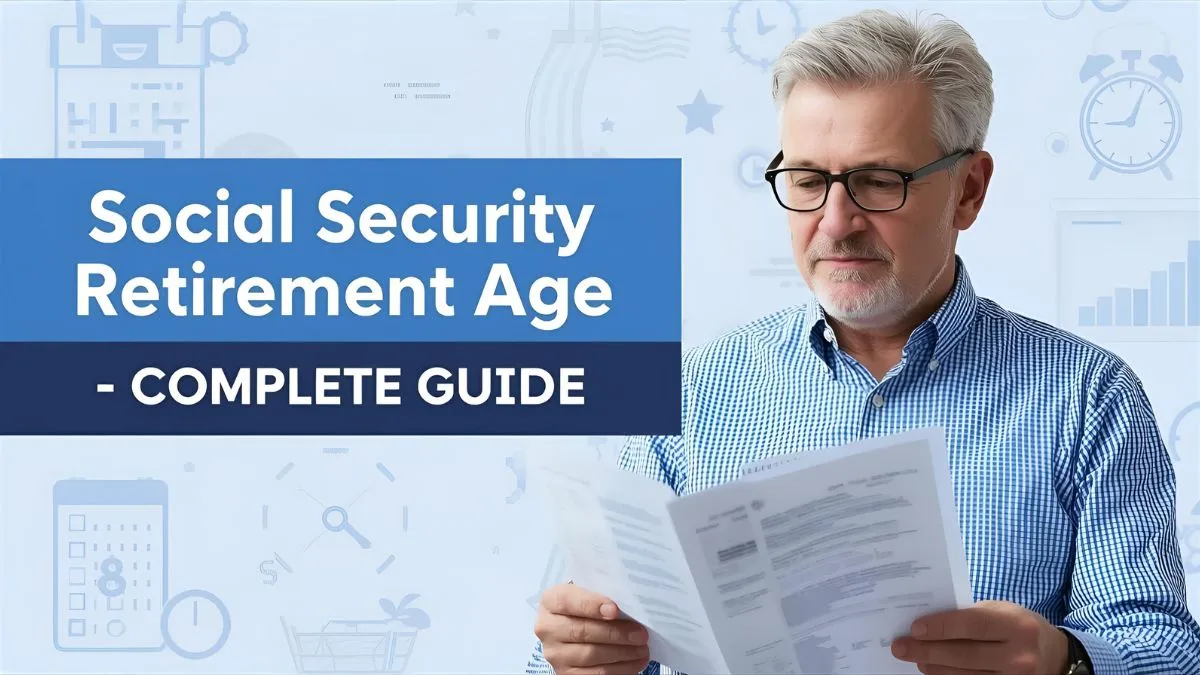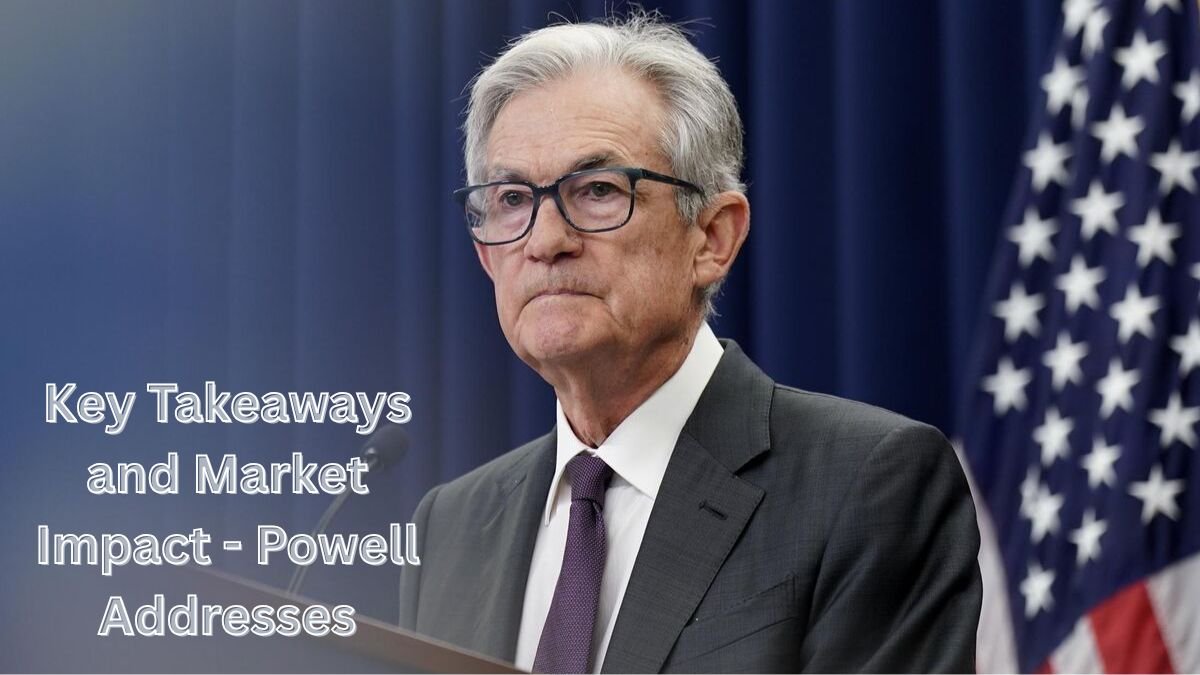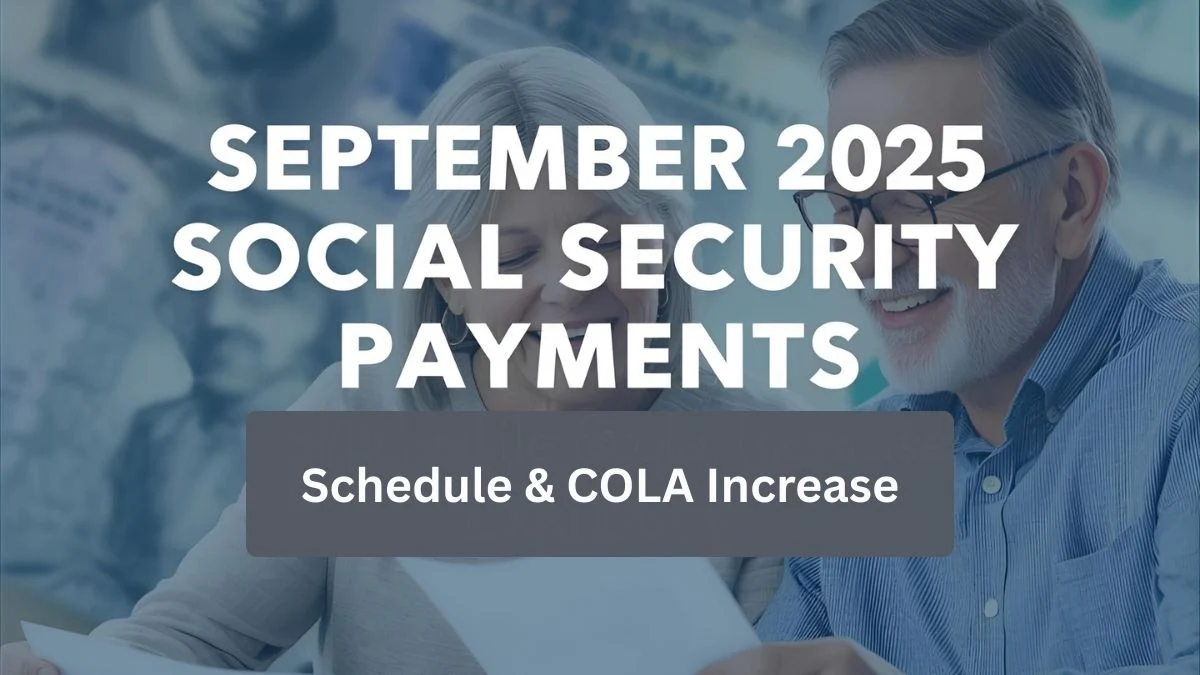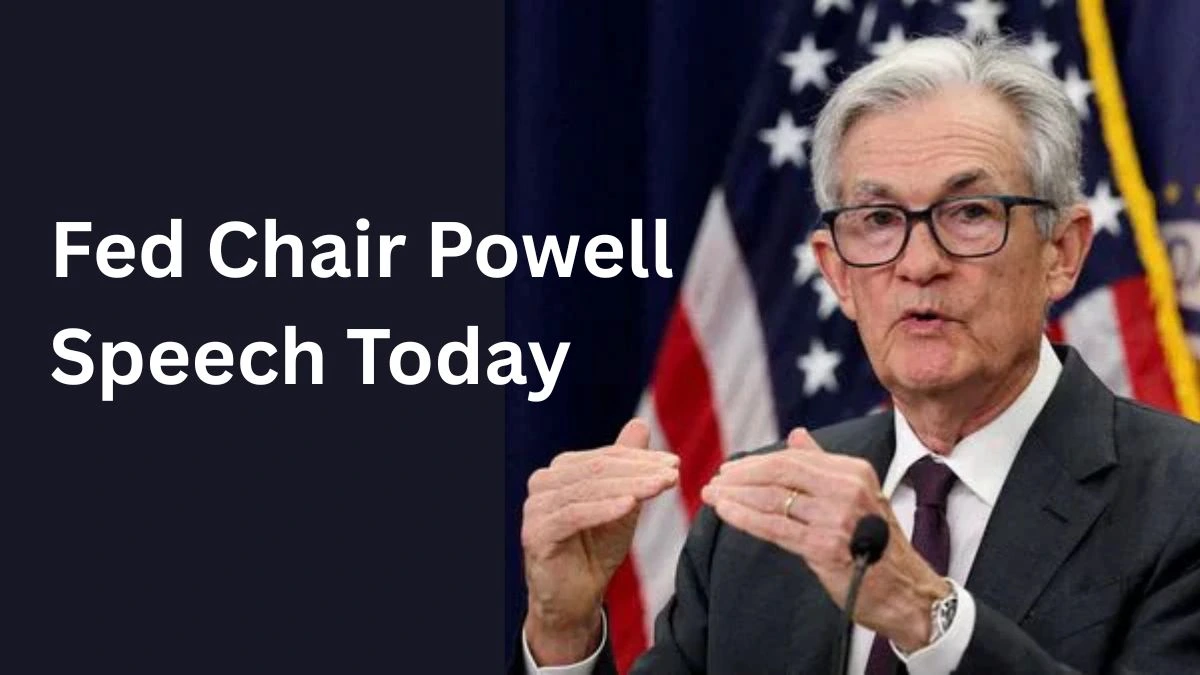The Trump administration has enacted dramatic changes to the H-1B visa program, implementing a $100,000 annual fee for new applicants starting September 21, 2025. This sweeping reform marks one of the most significant overhauls to the skilled worker visa system in decades and is expected to have far-reaching impacts on tech companies, foreign workers, and the broader US economy.
The New H1B Visa Fee Structure
President Donald Trump signed a presidential proclamation on Friday, September 19, 2025, establishing the hefty new fee requirement for H1B visa applications. The $100,000 charge represents a massive increase from current fees, which typically range from $1,700 to $4,500 depending on processing options. This fee is in addition to existing application costs, not a replacement.

The proclamation, titled “Restriction on Entry of Certain Nonimmigrant Workers,” takes effect at 12:01 AM Eastern Time on September 21, 2025, and will remain in force for 12 months unless extended. The restriction specifically applies to foreign nationals seeking to enter the United States on H-1B visas from outside the country.
Who Is Affected by the New Rules
Workers Subject to the Fee
The new requirements primarily target H1B applicants who are currently outside the United States. This includes:
- Foreign workers applying for their first H1B visa through the annual lottery
- Current H-1B holders traveling abroad who need to re-enter the US
- Workers whose petitions were filed on or after September 21, 2025
Workers NOT Affected
Several categories of H-1B workers appear to be exempt from the new fee:
- H-1B workers already inside the United States as of September 21, 2025
- Status changes from F-1 (student) to H1B within the US
- H-1B extensions for workers currently in the United States
- Changes of employer (transfers) for workers already in H-1B status
National Interest Exceptions
The proclamation includes provisions for exceptions when the Department of Homeland Security determines that hiring specific foreign workers serves the “national interest” and poses no threat to US security or welfare. These exceptions can apply to:
- Individual foreign nationals
- All workers for specific companies
- Entire industries deemed critical to national interests
Likely candidates for exemptions include healthcare providers, defense contractors, universities, and companies in critical infrastructure sectors like semiconductors and cybersecurity.
Impact on Major Tech Companies
The new fee structure will significantly affect major employers of H1B workers. According to US Citizenship and Immigration Services data for 2025:
- Amazon: 10,044 H-1B visa holders (highest)
- Tata Consultancy Services (TCS): 5,505 approvals
- Microsoft: 5,189 approvals
- Meta: 5,123 approvals
- Apple: 4,202 approvals
- Google: 4,181 approvals
- Deloitte: 2,353 approvals
- Infosys: 2,004 approvals
- Wipro: 1,523 approvals
For companies like Amazon, which employed over 10,000 H1B workers in 2025, the annual cost could exceed $1 billion if all positions required the new fee.
Administration’s Rationale
The Trump administration justifies the dramatic fee increase by citing “systemic abuse” of the H-1B program. Key concerns include:
IT Industry Dominance
The share of H-1B approvals going to IT workers has grown from 32% in fiscal year 2003 to over 65% in recent years. The administration argues that IT outsourcing firms have manipulated the system to replace American workers with lower-paid foreign employees.
Wage Displacement
Studies cited in the proclamation show H-1B workers in “entry-level” positions earn approximately 36% less than traditional full-time workers in similar roles. The administration claims this creates unfair wage competition and displaces qualified American workers.
Corporate Layoffs vs. H-1B Hiring
The proclamation highlights cases where companies have simultaneously laid off American employees while increasing H-1B hiring. One example cited shows a software company approved for over 5,000 H-1B workers in fiscal year 2025 while announcing layoffs of more than 15,000 employees.
The Gold Card Program
Alongside the H-1B restrictions, Trump announced the launch of the “Trump Gold Card” program, offering fast-track immigration for wealthy individuals. Key features include:
- $1 million fee for individual applicants
- $2 million fee for corporate sponsorship
- Expedited processing for permanent residency (green card)
- Up to 80,000 Gold Cards available
- Replaces existing EB-1 and EB-2 visa categories for qualifying applicants
A “Platinum Card” option is also planned, costing $5 million and allowing foreign nationals to spend up to 270 days annually in the US without paying US taxes on foreign income.
Industry and Legal Response
Corporate Warnings
Major tech companies have begun issuing urgent warnings to their H-1B employees. Microsoft reportedly advised all foreign staff to return to the US before the September 21 deadline to avoid potential complications.
Stock Market Impact
Indian IT services companies saw immediate market reactions, with stocks of Infosys, Cognizant, and other H-1B-dependent firms declining following the announcement. These companies rely heavily on H-1B visas to staff US projects with Indian technology professionals.
Legal Challenges Expected
Immigration attorneys anticipate immediate legal challenges to the new fee structure. Legal experts argue the proclamation violates established federal immigration law and exceeds presidential authority in setting visa fees.
“This is akin to a ransom demand,” said immigration attorney Shev Dalal-Dheini, criticizing the sudden implementation and substantial cost increase.
Impact on Indian Workers
Indian nationals have historically been the primary beneficiaries of H-1B visas, accounting for approximately 70% of all approvals. The new fee structure is expected to disproportionately affect:
- Indian IT professionals seeking to work in the US
- Graduates from Indian universities hoping to transition from student to work visas
- Indian outsourcing firms that rely on H-1B workers for US projects
Immigration experts predict the changes could force many Indian professionals to consider alternative destinations like Canada, the UK, or other countries with more accessible skilled worker programs.
Implementation Timeline and Uncertainty
Immediate Effects (September 21, 2025)
- New H-1B petitions must include the $100,000 payment
- Foreign workers outside the US cannot enter without fee payment
- Visa processing suspended for applications without payment
Future Regulatory Changes
The proclamation also directs federal agencies to implement additional reforms:
- Department of Labor: Revise prevailing wage levels upward
- Department of Homeland Security: Prioritize highest-paid H-1B applications
- USCIS: Develop new selection criteria favoring senior, highly-skilled workers
Outstanding Questions
Several aspects of implementation remain unclear:
- Whether existing H-1B holders traveling abroad must pay the fee upon re-entry
- How quickly national interest exceptions will be processed
- The specific criteria for industry-wide exemptions
- Whether the fee applies to H-1B renewals and extensions
Economic and Policy Implications
Revenue Generation
The Trump administration projects the combined H-1B fees and Gold Card program could generate over $100 billion in revenue for the federal government. This money would reportedly be used for tax reduction, infrastructure projects, and debt reduction.
Innovation Concerns
Critics argue the dramatic fee increase could harm US competitiveness in global talent acquisition. Business groups warn that startups and smaller companies may be unable to afford the fee, potentially driving skilled workers to competing countries.
Labor Market Effects
Supporters contend the changes will increase opportunities and wages for American workers in STEM fields. The administration argues that by making H-1B visas more expensive, companies will prioritize hiring domestic talent.
Looking Ahead
The H-1B fee increase represents a fundamental shift in US immigration policy toward high-skilled workers. With the 12-month implementation period, the full impact on American businesses, foreign workers, and the broader economy will become clearer over the coming months.
Legal challenges are expected to emerge quickly, potentially affecting the timeline and scope of implementation. Meanwhile, affected companies and workers face immediate decisions about their hiring and career plans in light of these dramatic changes to one of America’s most important skilled worker visa programs.
The success or failure of this policy shift will likely influence broader immigration debates and could set precedents for how the US approaches high-skilled immigration in an increasingly competitive global economy.
Read also:
